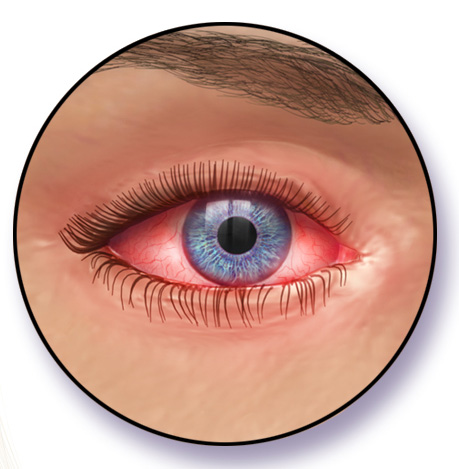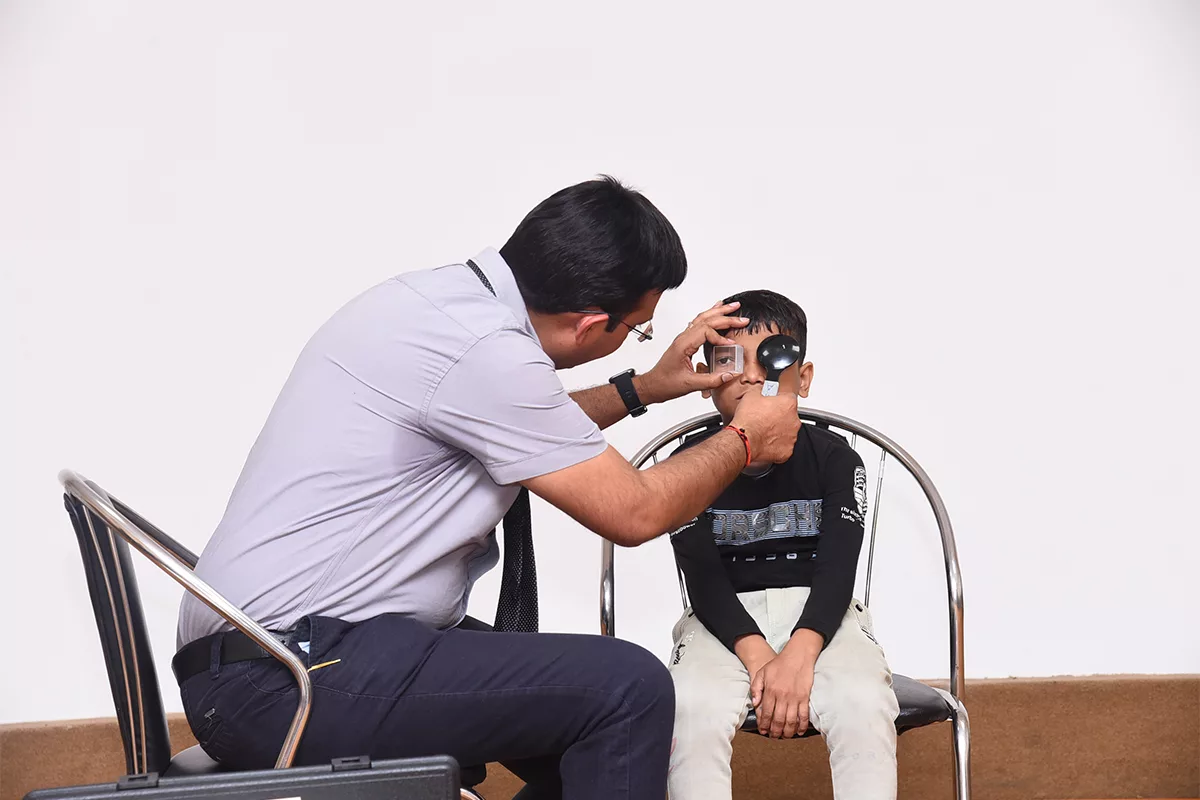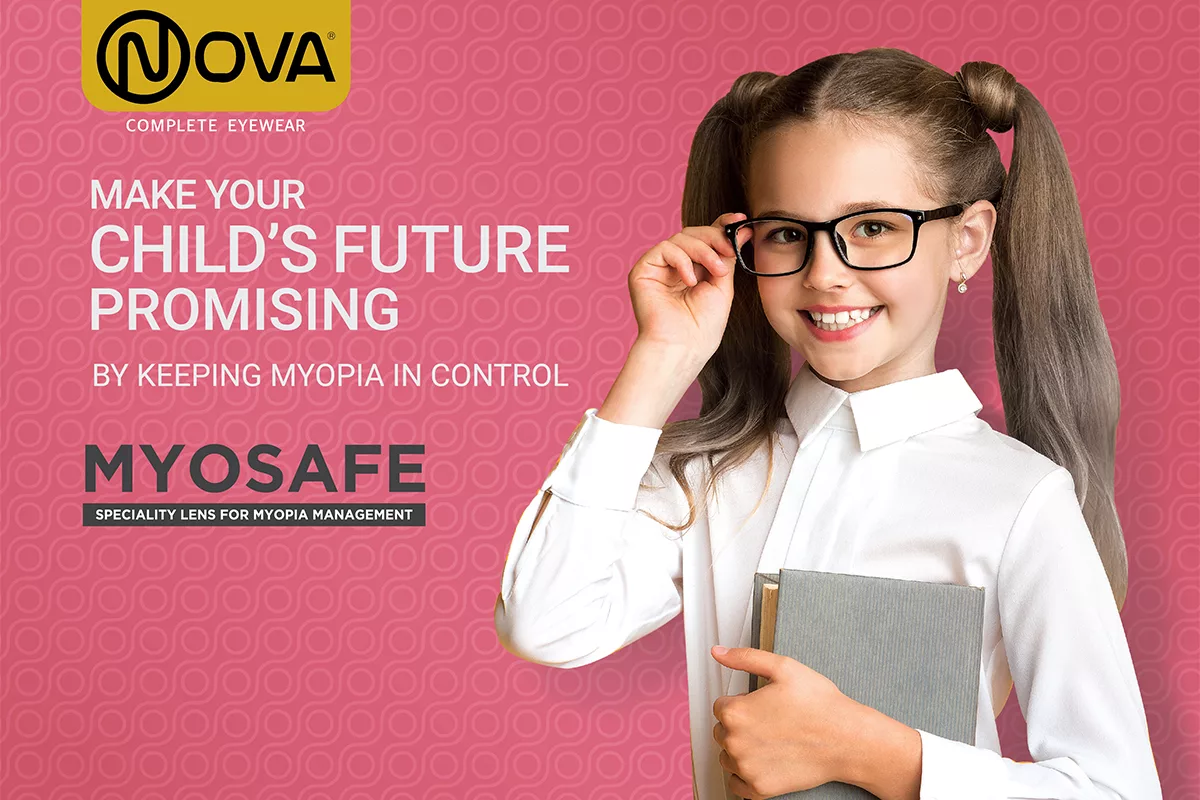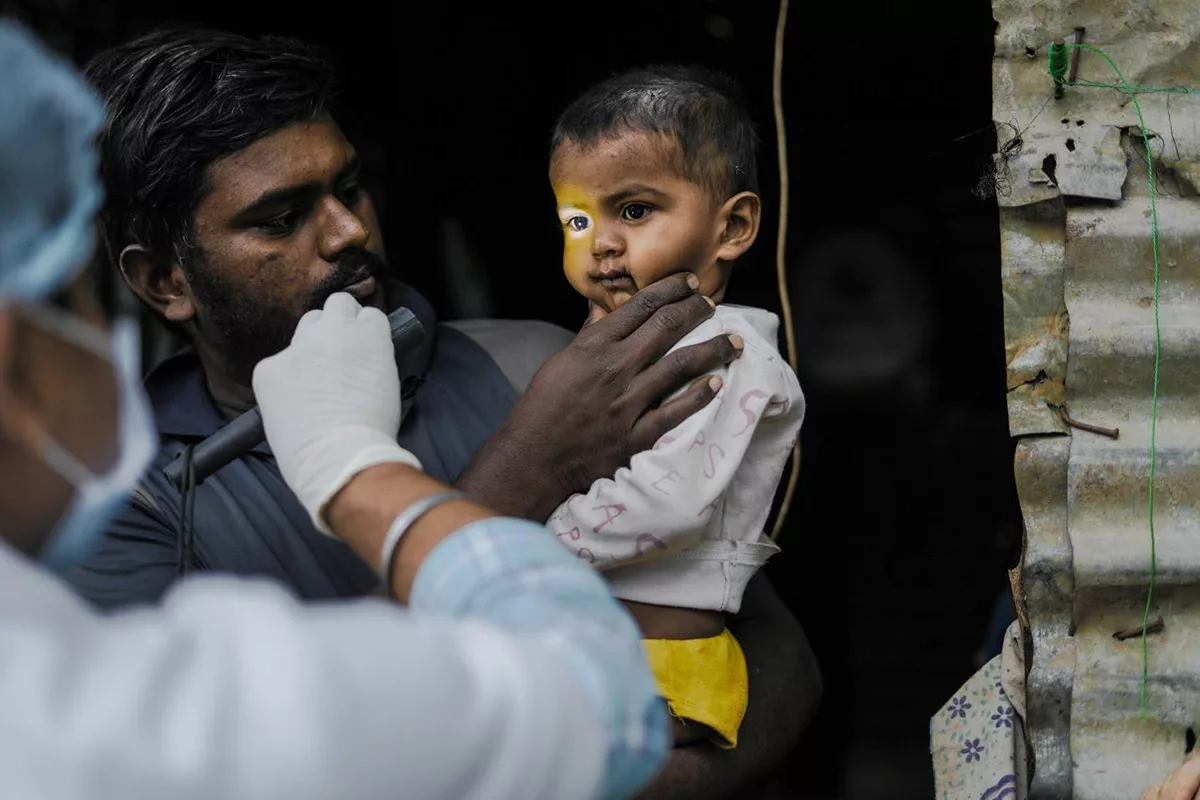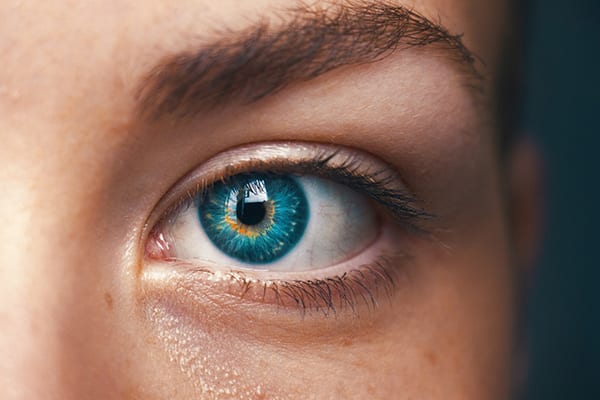Allergic Conjunctivitis can be broken down into different categories and Vernal Keratoconjunctivitis is one of the severe forms of seasonal allergic conjunctivitis that affects children in particular
It can affect people of all ages, although it is seen more commonly in children and young adults. It usually starts in late childhood and is more common in boys than girls. It may last between 5-10 years and is rarely seen after the age of 30. It is mostly prevalent in tropical and temperate climates.
Some people suffer from allergic conjunctivitis for the whole year (perennial allergic conjunctivitis). This is mostly seen in response to allergy to house dust mite, animal dander, indoor and outdoor mould spores and, occasionally, food or food additives. Some suffer during particular seasons like in spring or summer.
This usually happens due to pollens being released in air in that season and the dry air, which makes them freely float in the atmosphere. During rainy season, the pollens settle down, hence the patients are symptom-free.
 Symptoms
Symptoms
Itching
Burning sensation
Redness
Watering
Stringy discharge
Puffy eye lids
Sensitivity to light
Usually these symptoms are present in both eyes, though the severity may be different in each eye. Sometimes, allergic conjunctivitis can be a part of generalised allergic reaction in body. Along with eye problem, patient may have runny nose, wheezing or asthma, and skin rashes or urticaria (hives) or eczema.
Treatment
Patients must understand that the goal of medical treatment is, basically, to relieve the patient of symptoms, with least possible side-effects and to maintain good quality of life. There may not be any cure as such. It is best to identify the allergen and keep away from it.
There are several immunological tests available to identify them, but usually patients themselves can identify the cause. If the allergen is known, immunotherapy for that specific allergen may benefit some patients with persistent, severe allergic conjunctivitis.
Common medications (eye drops)
Topical lubricants: These help flush allergens from the eye
Antihistamines: This medication acts against histamine, one of the key mediators of inflammation
Mast cell stabilisers: These medications ‘quieten’ the mast cells, which release histamine
Steroid eye drops: These are effective in giving quick relief from symptoms. But these need to be strictly used under medical supervision as per physician’s advice only. Reason being, in the long run, inappropriate use of these eye drops can cause some of the blinding eye complications like cataract, glaucoma, infection etc. In severe cases, steroid injections can be given in the eyelids and oral tablets can also be given.
New additions: Recently new medications like tacrolimus eye ointment, oral tablets montelukast are being more commonly used in cases which are difficult to control with above medications.
Prevention
Try to identify the allergen and reduce exposure as much as possible
Avoid rubbing eyes
Avoid self-medication
Wash your bed linens, pillowcases and towels in hot water and detergent to reduce allergens
Avoid wearing eye makeup and don’t share eye makeup with anyone
Never wear another person’s contact lenses
Remember to wear glasses whenever you are outdoors
Clean your eyes with cold water or cold compress at least two to three times a day
Credits:
Dr Niranjan Pehere
Consultant,
The David Brown Children’s Eye Care Centre,
L V Prasad Eye Institute, Vijayawada

